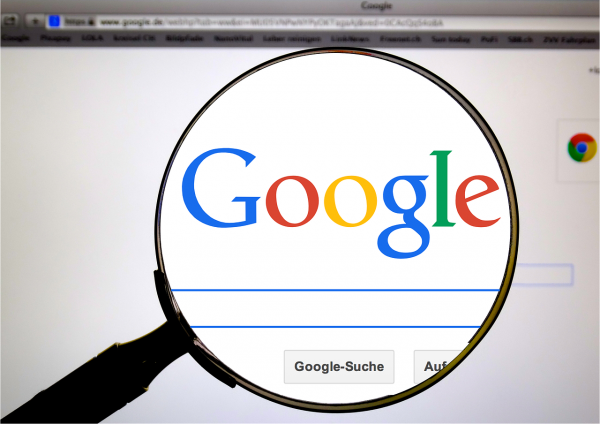A Seattle agency and a website that publishes documents obtained through public records requests are engaged in a legal dispute with a company that supplies the city with smart electric meters.
Landis+Gyr, a multinational corporation owned by Toshiba, filed a civil suit against MuckRock.com and Seattle City Light in late May on the grounds that the city utility department accidentally released a string of documents that had sensitive information about the businesses’ network and techniques to the website. The company was able to persuade a judge to place a temporary restraining order on the case, making MuckRock take the documents off the site and preventing them from releasing additional records about the company.
Regardless, the legal case over the documents is by no means over, given that cyber security, privacy and the First Amendment are in the mix.
A contentious issue
“We help people file public records requests, it’s something we’ve done tens of thousands of times without too many incidents, and it’s very surprising to see a private entity claim that they have the legal right to force a news organization to remove information that was legally obtained,” Michael Morisy, MuckRock’s co-founder, told StateScoop.
Morisy added the noted request was made by Phil Mocek, who used the site to ask the city utility for plans and policies related to the security of internet-connected smart meters. The city disclosed some documents highlighting the network of the system, in addition to redacted versions of Landis+Gyr’s contract with Seattle.
Whenever Mocek, a resident of Seattle, requested the city to take down “only what you are required to redact.” In response, the city told the company it intended to release the documents in full. As a result, Landis+Gyr went to court. The company’s lawyer stated the documents had “ valuable information about plaintiffs’ pricing models, as well as proprietary and confidential network systems, technology and research data that could not be obtained by other means.”
The company believes the disclosure of this information would hinder its ability to compete in the marketplace and that the city mistakenly released information about the company’s network that could fall “into the hands of plaintiffs’ competitors and bad actors who would exploit plaintiffs’ network security information to penetrate protected computer and utility networks.”
Conflicting viewpoints
Toby Nixon, president of the nonprofit Washington Coalition for Open Government, believes it is probably true that the city made an error in disclosing the data, since the state’s public records law allowed exemptions to keep network security safe.
By contrast, Eric David, an attorney specializing in First Amendment law with the firm Brooks Pierce, claimed MuckRock has a more powerful case, especially as its pertains to Landis+Gyr’s claim that disclosing the documents would hinder the company from flourishing.
“Companies regularly, in my experience, think their stuff is a trade secret, when it’s really not,” David said in an article for FullScoop. “It might be confidential, it might be uncomfortable that it comes out, it might put them at a competitive disadvantage, but that doesn’t make it a trade secret under most state laws. …There’s always a risk when you bid for government contracts that some aspects of your business model could become public, and these companies know that.”
David is also weary that MuckRock should be a party in the suit, since both Mocek and MuckRock legally requested and obtained the documents.
“The remedy is against the party that released the documents, it’s not against the website,” he said. “If the company wants to sue the government for money damages or for ruining their business for releasing the documents, then go for it.”
Sources:
StateScoop.com



















